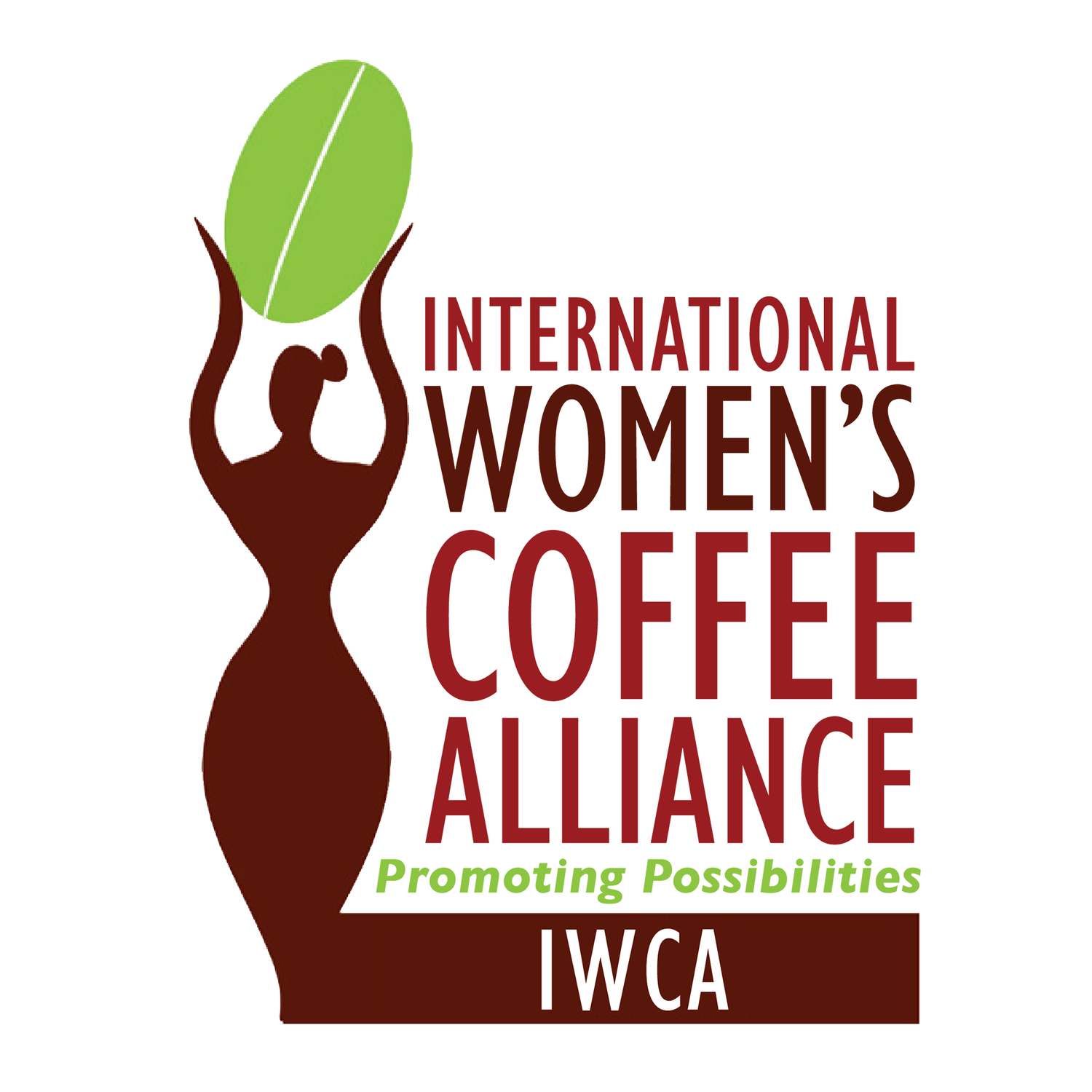From Classroom to Coffee: Dr. Rosebella Langat’s Story of Empowering Women Coffee Farmers in Kenya
At the heart of the coffee fields in Kenya’s Chepsangor Hills, Dr. Rosebella Langat is leading a quiet revolution—one that began not on the farm, but in a classroom. In this inspiring IWCA Storytelling presentation, Dr. Langat shares how her academic research became the catalyst for real-world change, empowering women in rural communities to build economic independence through coffee farming.
The Problem: Information Barriers Facing Women Coffee Farmers
Dr. Langat’s journey began in 2016 while conducting her doctoral research on market information systems for smallholder farmers. As she interviewed households, a consistent theme emerged: although women carried much of the responsibility for farm work, they often lacked direct access to critical agricultural information. Instead, training sessions were typically attended by men, who then selectively shared information with women—sometimes inaccurately or incompletely.
Dr. Langat realized that to create true gender equity in coffee farming, women needed direct access to knowledge, training, and leadership opportunities. From this realization, a mission was born.
From the Classroom to the Hills
Together with her family, Dr. Langat restored an abandoned coffee farm in the Chepsangor Hills, founding Chepsangor Hills Coffee. But the true transformation began when she invited local women—many previously engaged in illicit activities like charcoal burning and home brewing due to lack of income opportunities—to join her in rebuilding their own futures through coffee.
Through open community meetings, Dr. Langat worked with the women to understand their challenges and identify solutions. With the help of supportive male allies (whom she warmly calls “We the Men”), husbands agreed to allocate land to their wives for coffee cultivation—a major breakthrough in a culture where land rights often exclude women.
Growing a Movement, One Seedling at a Time
Each woman was given 40 coffee seedlings to plant on newly allocated land. Within just a few years, 60 women had planted over 70,000 coffee trees, creating not just a coffee farm—but a thriving women’s cooperative.
By 2022, the women celebrated their first major harvest. Today, they have formed a fully operational association called Chepsangor Hills Women in Coffee, processing and exporting their coffee globally. Many women, who had never even tasted coffee before, now roast, cup, and brew coffee for both export and growing domestic consumption.
Beyond Coffee: Economic Empowerment and Global Impact
What started with coffee quickly grew into broader economic empowerment. The women now produce handmade crafts, build local partnerships, and engage in leadership development, with many traveling beyond their communities for the first time to share their experiences and train others.
Their work has even created export-ready volumes, collaborating with other women’s groups across Kenya to ship full containers of coffee, proving that even smallholder women farmers can access global markets when given the right tools and support.
The Power of Head, Heart, and Hands
Dr. Langat closes her story with a simple but profound philosophy: change happens when we bring together the Head (knowledge), Heart (community), and Hands (action).
“It is not how much we do, but how much love we put into the doing.”
By connecting education, compassion, and labor, the women of Chepsangor Hills are not only lifting themselves out of poverty—they are building generational resilience and changing the face of coffee production in Kenya.
